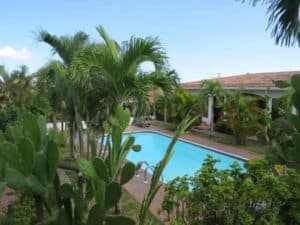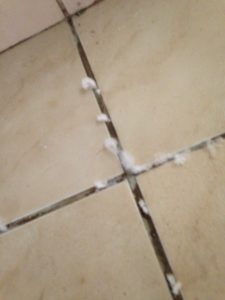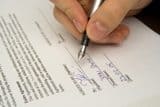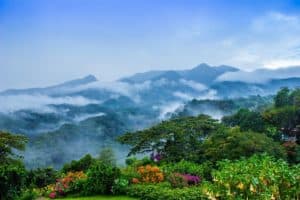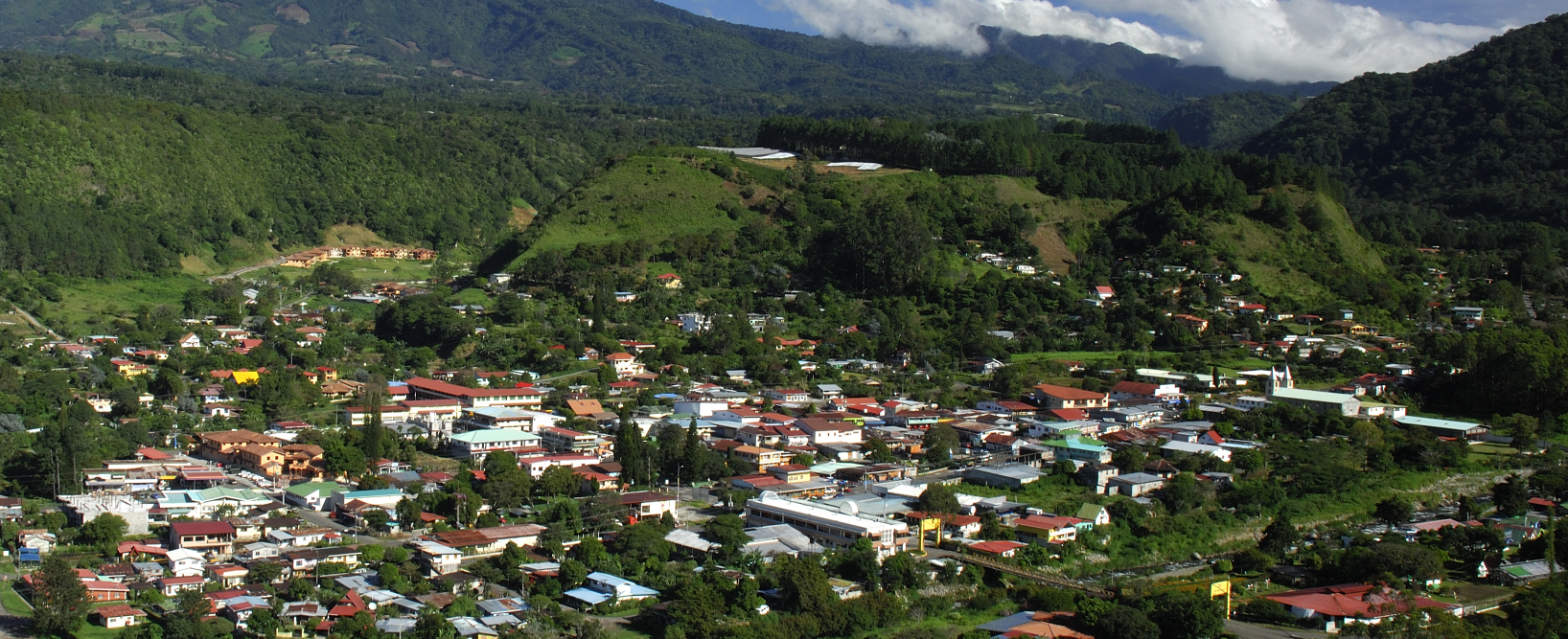So you’ve decided to live in Panama for an extended time to see if it’s right for you. And you’re going to heed the universal advice given to expats moving to a foreign country: rent before you buy. Excellent. So what’s your next step? Find a place to live. How? Here are some pointers.
Get a Head Start
You can get started on your research before you leave home by looking online for rental properties. Sites such as encuentra24, Viviun, and craigslist: panama are excellent resources to familiarize yourself with what is available and costs. You can also locate realtors or property managers to contact directly, and send them details about what size and kind of house you seek, where, and how much you want to pay.
Visiting and posting on Panama Facebook groups in the area you are interested in is a great way to make contact with other expats and get their input. Ask about reputable property managers for the area where you want to live. But don’t expect to have a deal worked out before you get on the plane. You really need to see the property before you sign a lease.
There are many things one can do long-distance via the internet, but I suggest that renting a house is not one of them. One thing that gets North Americans in trouble is their often near-obsessive need to have all their plans made, decisions settled, and details arranged before they leave home. If you’re going on an all-inclusive one week vacation to some exotic resort this may be a perfect plan. But if you are renting a place to live it could spell disaster. Horror stories abound from folks who paid a lot of money for a rental, before they even arrived in Panama, only to discover that what they paid for was not what was promised via email. There are too many variables and unknowns in a foreign country that are impossible to anticipate. Go ahead and make your hotel reservations for your arrival in Panama, and then, hit the ground to find a rental.
The best rental deals, at the best prices, are usually when you are working directly with the owner. If you are working with a property manager or real estae company, insist on talking to the owner to verify what the correct rent is.
What You Need to Know
Short term rentals of less than six months are very rare and thus hard to find. If you are planning to stay in Panama for a few weeks or less, a hostel or hotel with suites may be your only option. But you can work this to your advantage, by moving around a lot to experience multiple areas of the country. Look at it as a fact-finding mission and make the most of it!
Keep in mind that different cultures do things differently, and you’re not in Kansas anymore! In Panama, when a listing states a house is “unfurnished” that means empty, nada, zilch, no stove, no fridge, nothing. Also, do not assume that you can furnish your home from yard sales, garage sales, and used furniture stores like Goodwill. They do not exist here. You may encounter an occasional “venta de patio” (yard sale) but they are few and far between, and it’s probably a foreigner who is selling. Unless you are willing to buy everything you need for your new home (which is certainly possible, and can be done at a reasonable cost), plan to rent a furnished home.
You can’t assume that the house will have hot water at every faucet, or at all, you need to verify which faucets have hot water. Just because there are two knobs at the sink, it does not mean that hot water is available.
The utilities that we take for granted back home can be an issue here. Unfortunately, there are areas of Panama where you cannot count on reliable water, electricity, or internet services. The availability and dependability of these services vary greatly around the country, even from one part of town to another, so it is very important to research this before renting. Some areas in Panama only have municipal water delivered to their house on certain days or certain times of the day. If you don’t have a reserve water tank, that means that you won’t have water part of the day. You need to ask if there is municipal water delivered to the house every day and all day long. Ask if there is a reserve water tank. In areas with high winds, electric service may be intermittent. You cannot assume that you will have a fast, steady internet service. Check out the utilities before you sign the lease.
Once you have found your new home, don’t hand over any money until you have a written lease contract in your possession. Most owners will ask for a month’s rent as a deposit, and the contract should spell out the terms for the use and return of the deposit. The term of the agreement should be stated (e.g. six months, one year) and include a cancellation clause, usually with 30 days written notice. There is no advantage to paying rent in advance, so why do it? Keep the money in your account until the rent is due.
Your contract will be written in Spanish, which is the official language of Panama. If you cannot read it ask for an English version. If necessary, get it translated yourself by a local translating service. The small expense is well worth it to know exactly what you are signing. The contract should also be witnessed by a third party, and for extra security, you may have it notarized by a Panamanian notary (they are readily available and inexpensive). It may take a little longer to complete these steps before you move into your house, but it may save you hours of headaches in the long run.
One Last Thing…
All of your research, studying, preparation, and due diligence cannot take the place of being here in person. Before you sign the lease, take the time to visit your chosen home as many times as you can, at different times of the day. If possible, talk to some of the neighbors. Yes, it’s a bother, but how else will you know what it will be like to actually live there? Does the guy next door play rap music until 2 am? Do the dogs bark all day long? If you are the laid back type, no worries, but if you seek peace and quiet, it’s best to avoid surprises.
Be smart about your move to Panama, and enjoy your new home!
Spanish Lesson:
Se Vende means For Sale
Se Alquila means For Rent
Bienes Raíces means Real Estate
Casa means House
Recamaras means Bedrooms
Amueblado or Amoblado means Furnished



